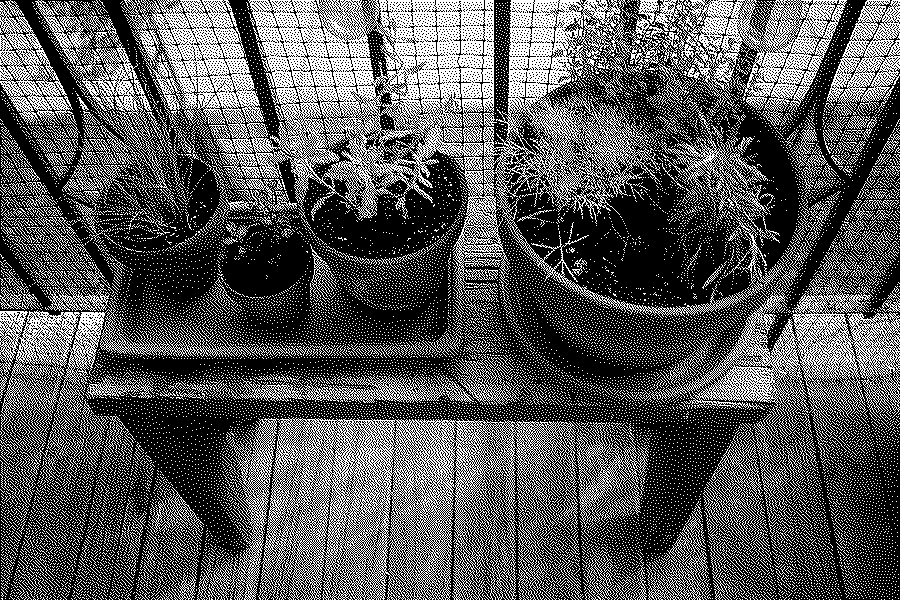
This little guide act as a reminder for our own little balcony garden of fresh herbs so the tips will be tailored for herbs growing in terra cotta pots outside on a balcony.
Herb growing and care
Planting
Mediteranean woody herbs (lavender, thyme, sage, rosemary, oregano)
These prefer a mix of 1/3 sand to 2/3 compost to emulate the drier and sandier sands of the Mediteranean. They also need soil that drains quickly.Non-woody herbs (mint, basil, chives, cilantro, parsley, dill, fennel)
These prefer just compost as potting soil.Avoid compost containing manure (too much nitrogen), compost that contains wetting agents or added nutrients, unamended soil with no inorganic material.
For now we’ve only planted herbs from starter plants but I plan to try sprouting seeds that I collected from previous plants next year and take notes of the process.
Here’s a good guide on when to plant them, in which type of soil and in which sun exposure: https://www.almanac.com/sites/default/files/d6/garden_guide_growing_herbs.pdf
Watering
Herbs in pots outdoor need a lot of water compared to plants indoor or even to herbs planted directly in the ground, make sure to check them regularly for signs of wilting or sagging and water them plenty during the warm months of summer.
When watering your herbs, make sure waters runs of out the drainage holes at the bottom of the pots, making sure all of the soil is wet and encourage deeper root growth.
It is best to water them in later afternoon / start of night to prevent evaporation and allow for drying before nightfall.
Pruning
Prune hard in spring to encourage new growth (leaving 1-2 inches of the stems), prune again after flowering. Don’t let the herbs flower, it will change the taste and reduce the growth of new leaves. Non-woody herbs need to be pruned regularly (every 3-4 weeks) to keep them looking neat.
Harvesting
Useful harvesting rules to keep the plants in good health and growing more:
- Harvest new growth regularly while keeping bigger leaves at the bottom
- Harvest shoots just after a split to encourage the two smaller shoots to grow larger